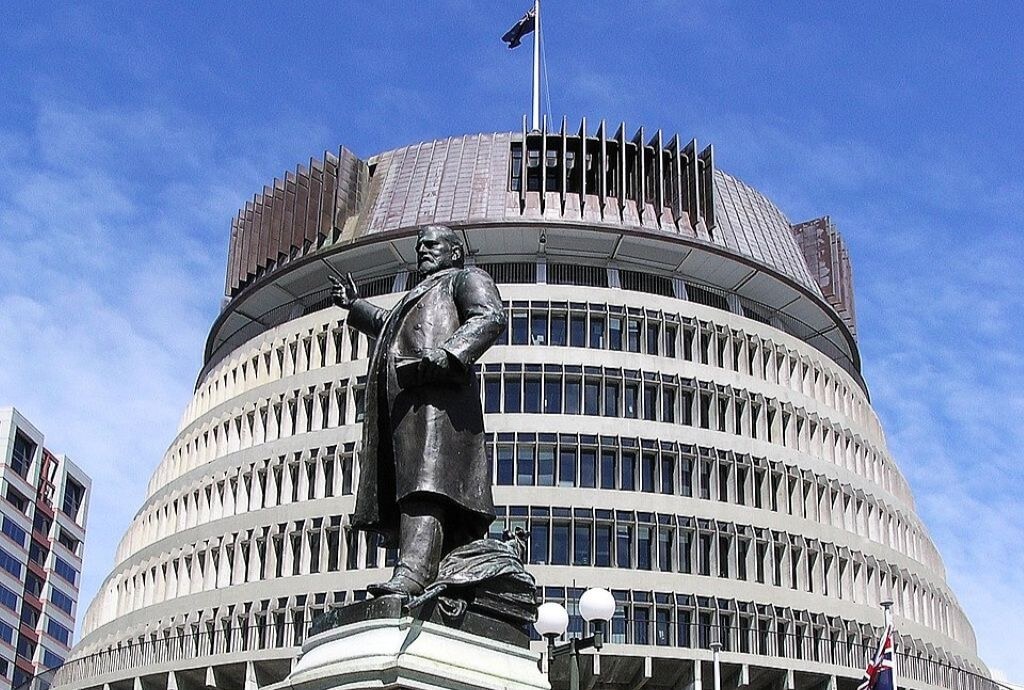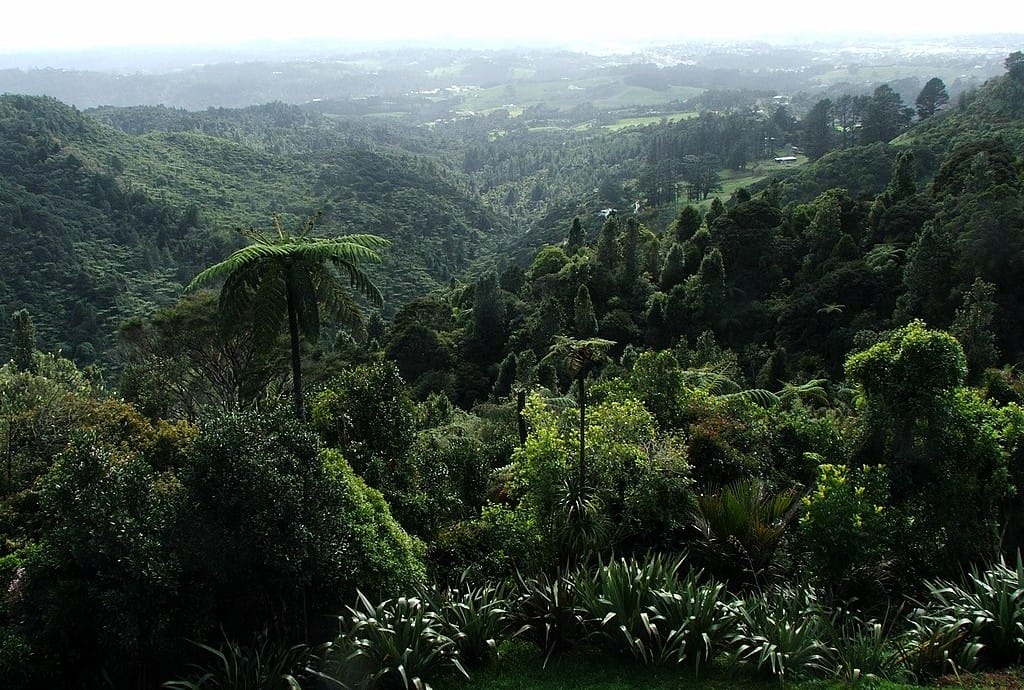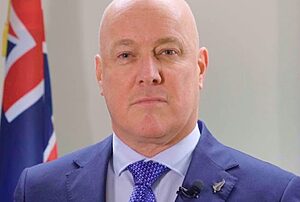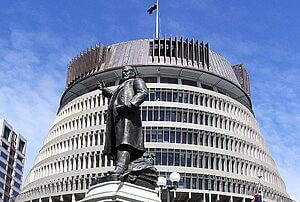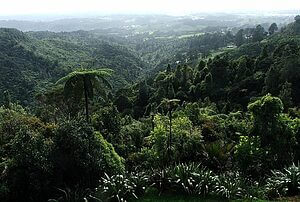Summarised by Centrist
A new report from the US Department of Energy is challenging climate orthodoxy, drawing condemnation from activist scientists.
However, Professor John Raine argues it brings long-overdue balance to the debate.
According to Raine, the report “offers strong and reasoned counterfactuals to the climate catastrophising”, including IPCC assumptions regarding the extent of warming caused by human greenhouse gas emissions. “It is not possible to tell how much of the modest recent warming can be ascribed to human influences,” writes Raine, citing the report’s finding that anthropogenic emissions only contribute about 3 watts per square metre to global energy flows, about 1 percent.
The paper argues that doubling CO₂ could raise temperatures by only about 0.5°C, far less than most estimates. And while climate policies have ramped up globally, real-world trends in extreme weather show no consistent pattern in the United States over the past century.
Raine accuses much of the climate science establishment of abandoning scientific neutrality in favour of a narrative. “(R)esearch funding has rigidified the views of some scientists,” he writes.
Raine singles out New Zealand. Despite producing just 0.088% of global CO₂ emissions, the government is pushing ahead with a Net Zero 2050 plan expected to cost over $200 billion. “If New Zealand manages GHG emissions to achieve Net Zero, the reduction in global atmospheric temperature would be negligible and probably unmeasurable,” Raine writes. “Whether on a cost or global emissions basis, it would be crazy for our government to persist with a Net Zero 2050 goal,” he argues.
”We never see science as settled,” Raine writes. “Decisions for the economic and environmental future of New Zealand should be based on the most comprehensive current science, and not on UN exhortations on climate change,” he concludes.




